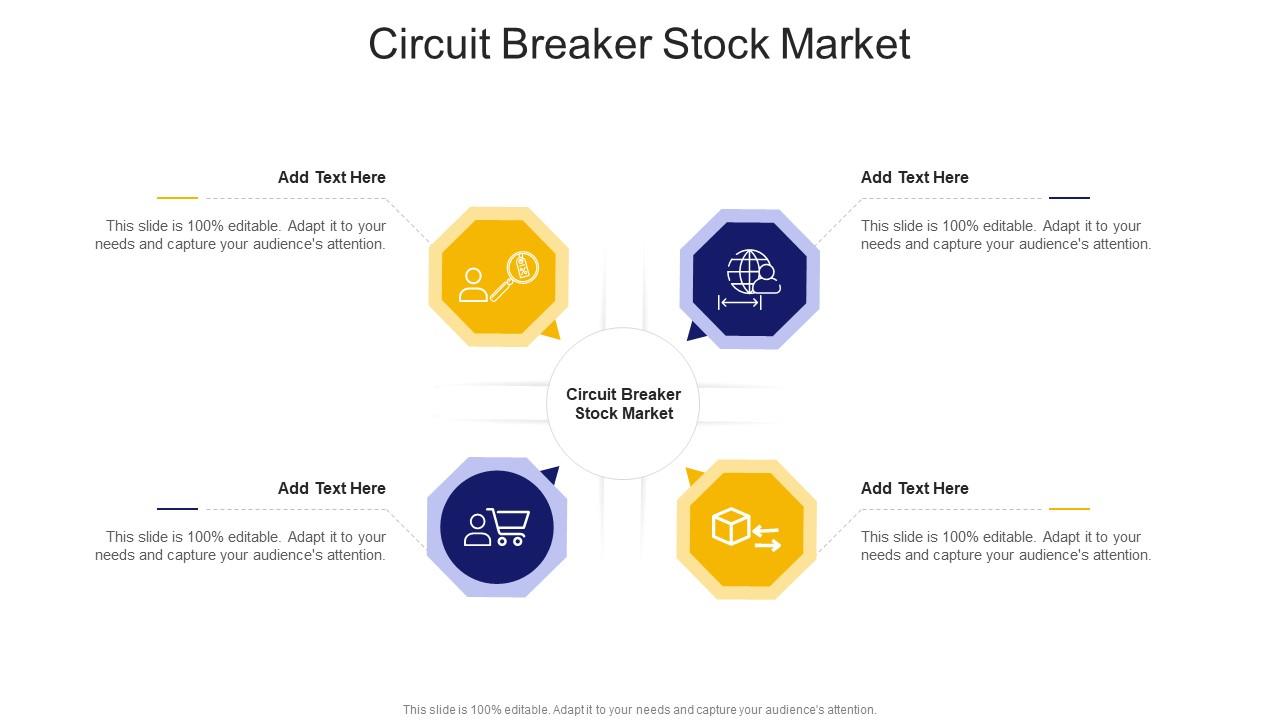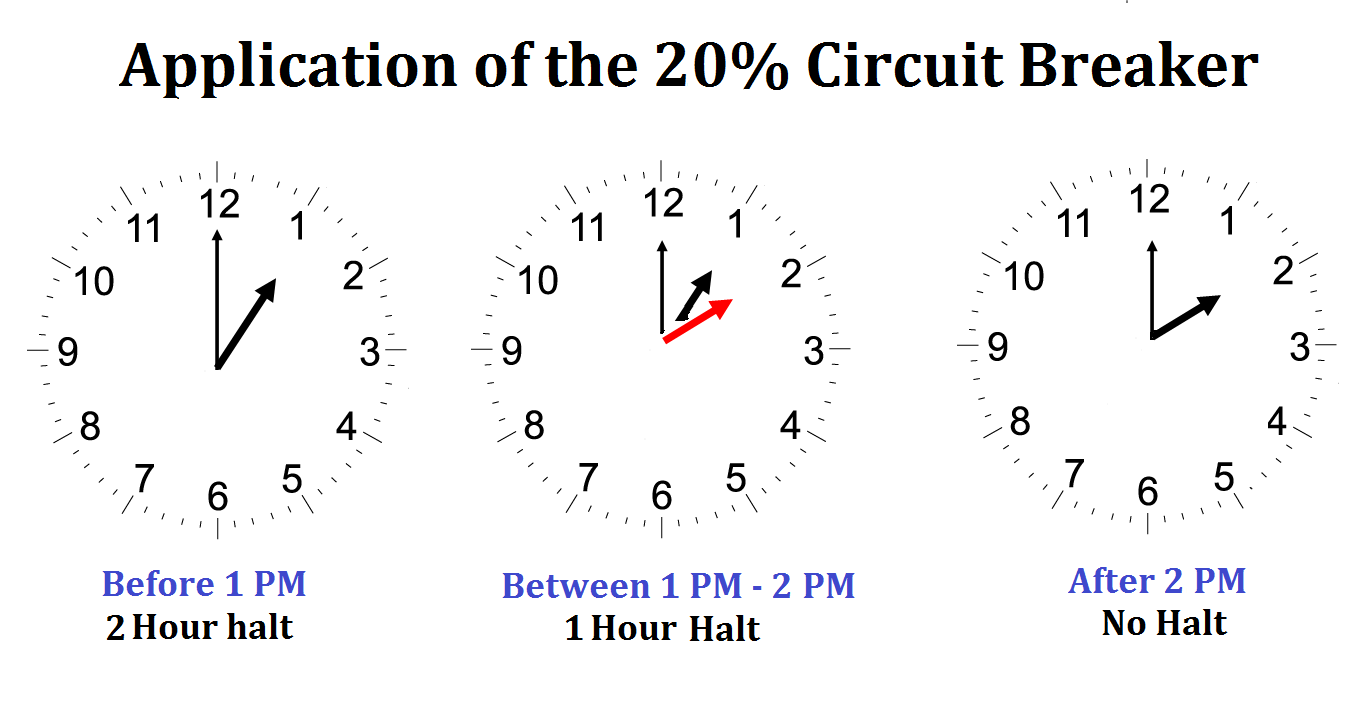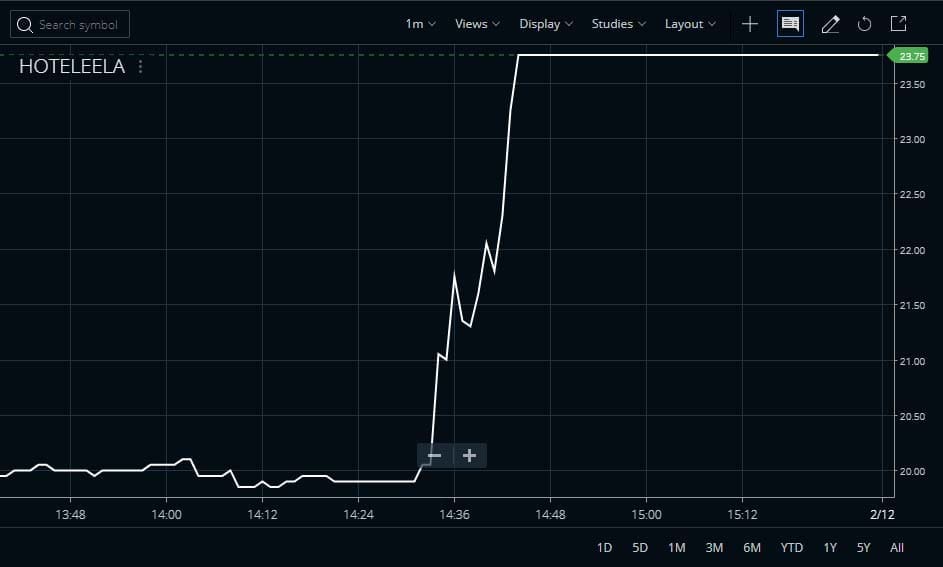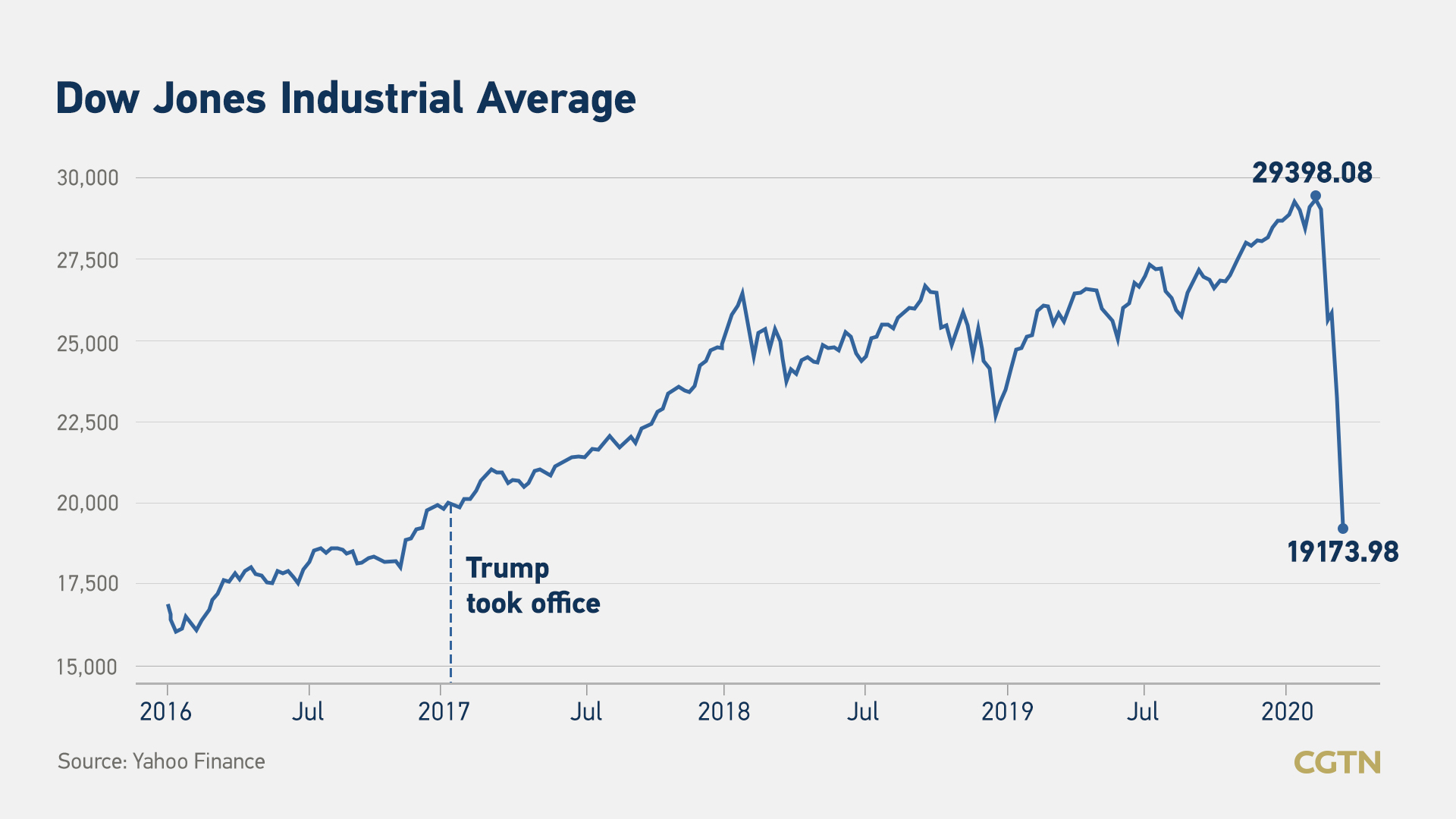Table of Contents
- How Do Circuit Breakers Work in The Stock Markets? - Sana Securities
- Stock Markets Down Chart with Circuit Breaker Text Stock Illustration ...
- Circuit Breakers: Trading on The Stock Market Halts
- Stock market circuit breakers function concept Vector Image
- Circuit Breaker Stock Market In Powerpoint And Google Slides Cpb
- Circuit Breakers: Trading on The Stock Market Halts
- Circuit Breaker in Stock Market - What Is It, History, Examples
- What You Need to Know This Circuit Breaker Stock Market
- What is a Circuit in Stock Market? - StockManiacs
- What are stock market circuit breakers and how do they work? - General ...



What are Stock Market Circuit Breakers?



Types of Circuit Breakers



How Do Circuit Breakers Work?
Circuit breakers are designed to be triggered automatically when the market reaches a certain threshold. Here's a step-by-step explanation of the process: 1. Market Monitoring: Stock exchanges continuously monitor the market's performance, tracking price movements and volatility. 2. Threshold Detection: When the market declines or rises beyond the predetermined threshold, the circuit breaker is triggered. 3. Trading Halt: Trading is halted for a specified period, depending on the type of circuit breaker triggered. 4. Market Reopening: After the trading halt, the market reopens, and trading resumes.